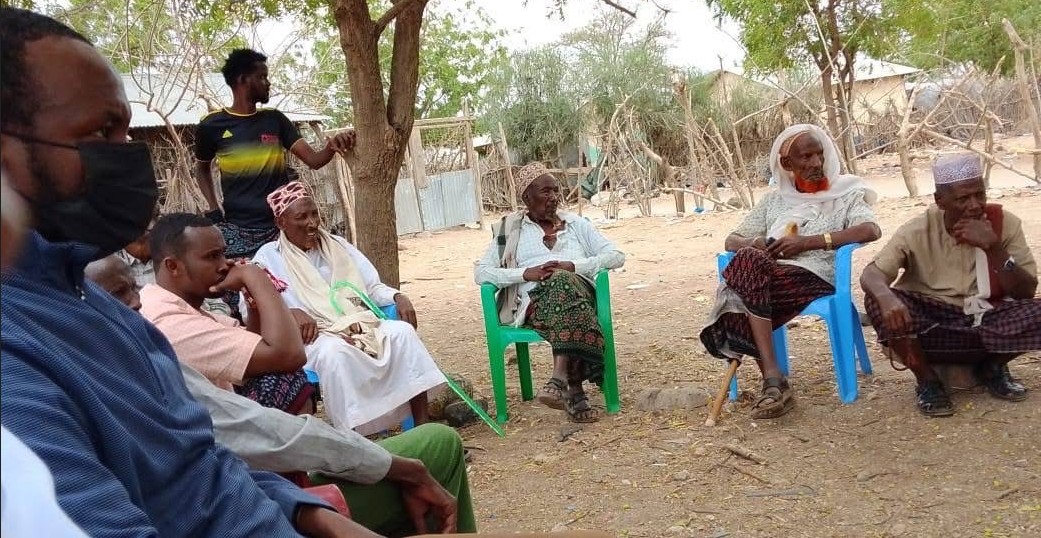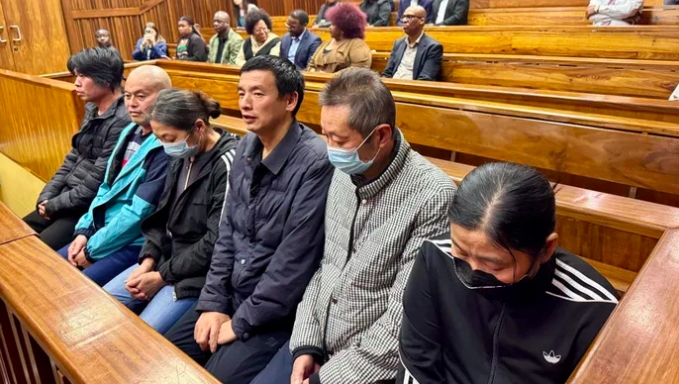MPs call for activation of Sh4 billion Revolving Prison Enterprise Fund to improve operations

The fund, once operational, is expected to finance training programmes for inmates, purchase modern equipment and machinery and promote goods produced within prison facilities.
Members of Parliament have raised concerns over chronic overcrowding and underfunding in prisons, calling for immediate reforms and the activation of the Revolving Prison Enterprise Fund to support inmate training and reintegration.
In a session on Wednesday, the Parliamentary Committee on Constitutional Implementation Oversight Committee (CIOC) said the fund is crucial for transforming the Kenya Prisons Service into a self-sustaining and efficient institution.
More To Read
- Kilifi prisons under spotlight for harsh conditions, inmate neglect
- Court orders Mbagathi Hospital to resume treating inmates amid payment dispute
- Kituo Cha Sheria moves to court over suspension of inmates’ medical services
- Treasury proposes Sh4 billion fund to revamp prison farms, industries
- EACC exposes corruption, system failures in Kenyan prisons
- Kenya Cup 2025: KDF, GSU, KPA, and Kenya Prisons storm into men’s volleyball semifinals
The fund, once operational, is expected to finance training programmes for inmates, purchase modern equipment and machinery and promote goods produced within prison facilities.
“Activating this fund is part of broader financial reforms aimed at transforming the Prisons Service into a self-sustaining and efficient institution,” CIOC Chairperson Caroli Omondi said during a site visit to Kaloleni Main Prison.
Currently, Kenyan prisons produce furniture, textiles, agricultural products, metal works and car license plates. However, the committee raised concerns that earnings from these activities do not directly benefit inmates, many of whom continue to live in deplorable conditions.
The Committee strongly recommended that the management of the fund be entrusted to the Kenya Prisons Service to ensure accountability and alignment with institutional needs.
During the session, Members highlighted systemic challenges within the prison system, including severe overcrowding, chronic underfunding, inadequate healthcare services, and a shortage of key personnel such as psychologists and counsellors. They also cited delays in the administration of justice, lack of coordination with the broader criminal justice system and alarming levels of corruption.
“Radicalisation, drug abuse and piracy within prison walls remain serious issues that must be addressed,” the Committee said.
Members pledged to work closely with relevant stakeholders to implement urgent reforms aimed at improving the humane treatment of inmates and enhancing the overall functionality of correctional facilities across Kenya.
The Treasury said the Sh4 billion Prison Enterprise Fund will centralise the management of prison farms and industries under professional leadership, replacing old schemes that have been in place for decades.
Treasury Cabinet Secretary John Mbadi explained that the new fund will take over operations from the Prison Farms Revolving Fund, established in 1993, and the Prisons Industries Revolving Fund, set up in 1988, both of which will be wound up to pave the way for a single enterprise overseeing production, sales and inmate rehabilitation.
“There is established a fund to be known as the Prisons Enterprises Fund. The object of the fund shall be to provide funds to support the development and operations of the prison enterprises,” the draft regulations state.
“The initial capital of the fund shall be four billion shillings appropriated by Parliament in accordance with the Act.”
The regulations propose that the new entity will finance training for inmates, purchase equipment and machinery, and promote goods produced behind prison walls. Management will be entrusted to a chief executive officer appointed through open competition on a three-year renewable contract, while oversight will be provided by a board comprising officials from Treasury, the ministry responsible for correctional services and two members of the public.
The regulations formally revoke the existing funds, noting, “The Prison Farms Fund established under the Exchequer and Audit (Prisons Farms Fund) Regulations, 1993, is wound up.”
A similar revocation applies to the Prisons Industries Fund. Both schemes, which began with Sh14 million each, have grown their combined assets to over Sh800 million, supported by the labour of more than 5,000 prisoners.
Top Stories Today











































